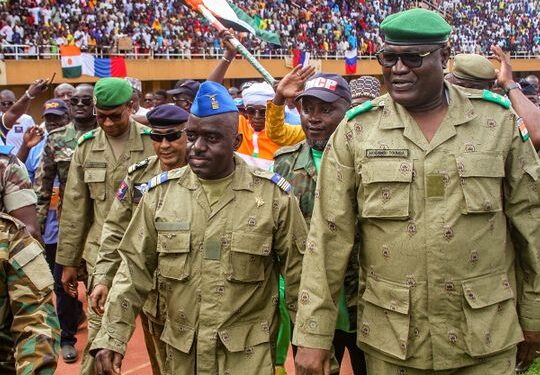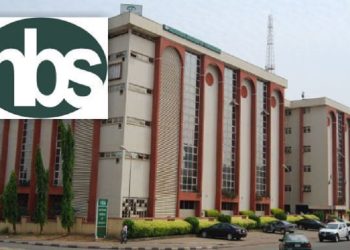In the wake of the July 26 coup in Niger, a former rebel leader and politician, Rhissa Ag Boula, has emerged as a significant figure opposing the junta’s rule. His movement, the Council of Resistance for the Republic (CRR), aims to restore ousted President Mohamed Bazoum to power. This development not only indicates internal resistance to military rule in Niger but also holds economic implications that transcend national borders.
Niger’s Economic Significance:
Niger is a strategically important Sahel country, boasting vast reserves of uranium a crucial fuel for nuclear energy, and a burgeoning oil sector. It’s the world’s seventh-largest producer of uranium, a resource that is vital for both energy production and geopolitical power plays. The nation also extracts oil, largely from Chinese-run projects, and is on the cusp of expanding production via a new export pipeline to Benin. As such, any political upheaval has far-reaching economic implications, impacting global energy markets and trade relations.
Regional Complexities:
Ag Boula’s movement adds complexity to an already intricate diplomatic landscape. The coup not only disrupts Niger’s domestic stability but also sends ripples across neighboring countries like Mali and Burkina Faso, both of which have experienced their own coups in recent years. These neighboring states have expressed solidarity with Niger’s junta, fearing that military interventions could lead to unforeseen consequences, including humanitarian disasters and security deterioration. Their stance stems from a desire to maintain regional stability, crucial for economic development and attracting foreign investment. The coup in Niger unveils a multifaceted tapestry of regional intricacies that extend far beyond political maneuvering. These complexities interweave economic stability, humanitarian concerns, and geopolitical power dynamics. As the situation unfolds, the Sahel region’s future hinges on the delicate balance between fostering stability, safeguarding democratic principles, and nurturing economic growth. The outcome will not only shape Niger’s trajectory but also have ramifications for the entire Sahel region and its interactions with the global stage.
ECOWAS and International Response:
The Economic Community of West African States (ECOWAS) plays a pivotal role in shaping the response to the coup. ECOWAS member states, particularly Nigeria, have imposed sanctions on Niger in an attempt to pressure the junta to reinstate a civilian government. The threat of military intervention remains on the table, yet ECOWAS emphasizes it as a last resort, as it could disrupt the region’s fragile economic ecosystem.
Tuareg Influence and Local Dynamics:
Ag Boula’s involvement introduces the Tuareg factor. Tuareg communities exert significant influence over commerce and politics in Niger’s desert north. Given Ag Boula’s history of leadership among Tuareg uprisings, his support could sway the direction of the coup’s aftermath. The Tuareg’s economic role in trade and resource management could determine the junta’s ability to hold power beyond the capital, Niamey.
Global Players and Power Shifts:
The international community, including Western powers and the United Nations, seeks the restoration of a civilian government in Niger to ensure stability against Islamist insurgents. This situation has geopolitical dimensions, with Russia’s growing influence in the Sahel region complicating matters. The potential for Russia to expand its presence, as seen in Mali, raises concerns among Western allies who have interests in Niger’s resources and security.
Economic Ripple Effects:
The coup has already led to border and airspace closures, disrupting supply chains and hampering humanitarian aid. The resulting scarcity of essential goods and medicine could exacerbate Niger’s status as one of the world’s poorest countries. Additionally, the uncertainty surrounding political transitions could deter foreign investment, affecting economic growth and development prospects.
Bottom Line:
The coup in Niger and the emergence of the CRR under Rhissa Ag Boula represent more than a struggle for political power; they signify a tug-of-war over the nation’s vast economic resources. The economic cross-border implications extend from energy markets to regional stability and global power dynamics. The outcome of this turmoil will shape not only Niger’s future but also that of neighboring countries and international actors with vested interests in the region’s economic and security landscape.









